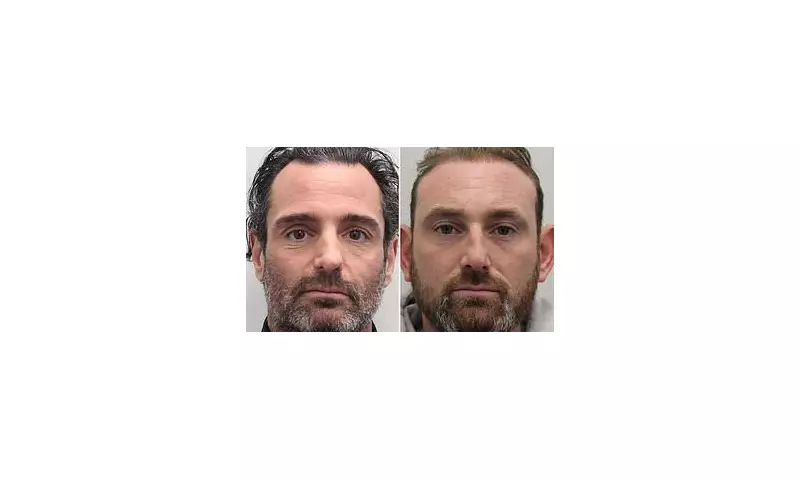
Three members of a major organised crime group have been handed lengthy prison sentences and a highly unusual punishment: a ban from using boats. The measure is part of a growing arsenal of legal tools deployed by the National Crime Agency (NCA) to prevent convicted felons from returning to a life of crime after their release.
The Multi-Million-Pound Smuggling Plot
Alex Fowlie, Scott Johnston, and Terry Willis were all key players in a gang that attempted to import cocaine with a street value exceeding £18 million into the UK. Their audacious plan involved using a speedboat to traffic the Class A drugs from South America. The plot was foiled by investigators, leading to their conviction this summer.
Each of the three men received a prison sentence of more than 15 years for their roles in the conspiracy. However, their punishment did not end there. In a move to specifically target their method of operation, the NCA secured an ancillary order that prohibits them from any contact with most watercraft for five years after they leave prison.
Understanding the NCA's 'Boat Ban'
The so-called 'boat ban' is a type of ancillary order, a legal restriction placed on serious offenders to hamper their ability to reoffend. For Fowlie, Johnston, and Willis, this means they are forbidden from 'boarding, living on or travelling on a yacht, boat, Rigid hulled Inflatable Boat (RIB), ship or waterborne vessel over 2.5 metres in length'.
The only exception is if they are a fare-paying passenger on a commercial ferry. Breaching this order would see them sent back to prison. Alison Abbott, head of the NCA's prison and lifetime management unit, explained the strategy: "We are looking to disrupt these kinds of criminals in any way we can... it can be really effective, because those who are subject to restrictions won't be able to own or operate boats for a period of years."
She confirmed that while the boat ban has so far been used sparingly, the agency is looking to apply it more frequently in cases where criminals use pleasure craft for drug trafficking or people smuggling.
A Wider Net of Disruption
The NCA is increasingly relying on these ancillary orders to manage the long-term risk posed by convicted criminals. In the last year alone, the agency has issued more than 30 such orders.
Another recent example is Radhouane Bouhafs, an Algerian national jailed in August 2024 for running a document forgery factory in Edmonton, north London. Upon his release, he will face strict conditions on his mobile phone use, bank accounts, and how much cash he can possess.
Currently, the NCA has over 150 ancillary orders in force. These legal instruments can last for up to 15 years and impose a range of conditions, including:
- Bans on foreign travel
- Prohibitions on meeting with other known criminals
- Restrictions on the possession of large amounts of cash
This multi-pronged approach demonstrates a significant shift in how UK law enforcement is working to dismantle criminal enterprises and protect the public long after a prison sentence has been served.





